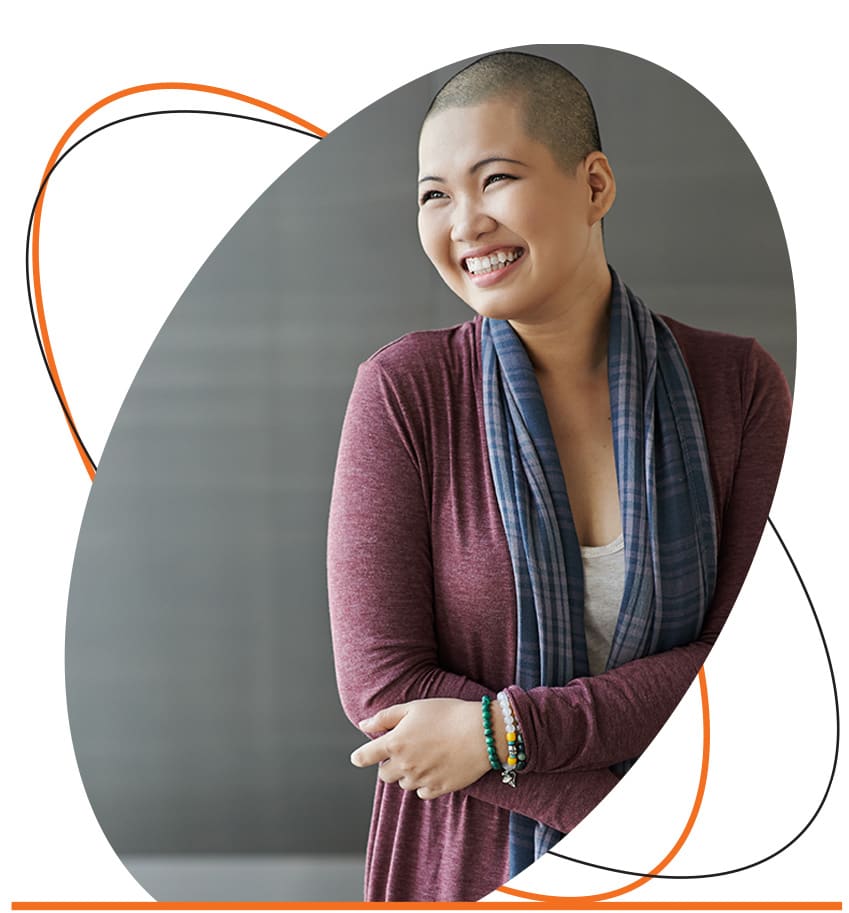What Does 'Cancer Survivorship' Mean?

Being a cancer survivor means more than completing cancer treatment.
It means that you have come through what can be a long and difficult journey filled with challenges that you have never faced before – physical, mental, emotional and spiritual. It also means that you’re an inspiration to others, even if you aren’t feeling like your “old self.” You’re living proof that cancer patients can become cancer survivors who live active, full, healthy lives.
While you may feel a little overwhelmed at first, your thoughts may turn towards what you’d like to do with family and friends, your responsibilities, and your future. You may also have questions and concerns about what you can or should be doing as a cancer survivor, and what you should avoid. And, like many survivors, you may have concerns that the cancer will return. Our supportive care providers are here to help answer those questions.
Cancer Survivorship Topics to Read About
Cancer Survivorship: Understanding the New Normal
Going from cancer patient to cancer survivor is a bit of a learning curve.
During treatment you had quick access to your cancer treatment providers, allowing you to ask a lot of questions about how you’re feeling and what’s normal. Once treatment is over, these opportunities are less frequent which can lead to some anxiety until you get used to what your new “normal” should feel like. Be sure to reach out if you start to feel different or have new side effects and be sure to go to your scheduled follow up appointments so they can monitor you and your physical and mental health.
Of course, the number one question on the minds of most every cancer survivors is: will my cancer come back? Because no one can answer that question, obsessing over it isn’t healthy. You will need to find ways to focus on other things. Some of the practical concerns that need to be addressed during your transition period from cancer patient to cancer survivor might include:
- Will you transition back to the work world? If so, how do you do that?
- How will you deal with friends or co-workers who may not know exactly how to treat you?
- How will you transition back into your pre-cancer roles/responsibilities within the immediate family?
- What is the best way to manage any post-cancer financial concerns?
- How will you ensure you’re making healthy choices regarding nutrition, physical activity, and mental health self-care?
- How will you incorporate exercise into your routine? What kind is safe?
- How will you safeguard against post-cancer depression and anxiety?

Don’t Do Survivorship Alone
Fortunately, there are many organizations and resources you can turn to for expert advice on the many questions you and your family may have about cancer survivorship.
- Attend support groups - live or virtual
- Be a mentor for a cancer patient - programs through the American Cancer Society allow survivors to easily serve in this role.
- Online resources can be helpful when looking for information about a condition or side effect.
- Use reliable online resources.
- Refer to your physician as the primary source of information related to your health.
